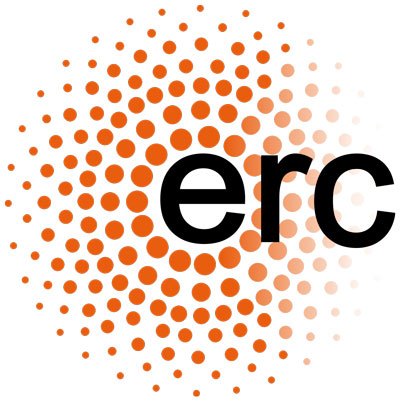
Field: Astrophysics
Research: Advances in Research on Theories of the Dark Universe
Project
The project ARTHUS aims at determining the physical origin of Dark Energy: in addition to the energy sources of the standard model of cosmology, effective terms arise through spatially averaging inhomogeneous cosmological models in General Relativity. It has been demonstrated that these additional terms can play the role of Dark Energy on large scales (but they can also mimic Dark Matter on scales of mass accumulations). The underlying rationale is that fluctuations in the Universe generically couple to spatially averaged intrinsic properties of space, such as its averaged scalar curvature, thus changing the global evolution of the effective (spatially averaged) cosmological model. At present, we understand these so- called backreaction effects only qualitatively. The project ARTHUS is directed towards a conclusive quantitative evaluation of these effects by developing generic and non-perturbative relativistic models of structure formation, by statistically measuring the key-variables of the models in observations and in simulation data, and by reinterpreting observational results in light of the new models. It is to be emphasized that there is no doubt about the existence of backreaction effects; the question is whether they are even capable of getting rid of the dark sources (as some models discussed in the literature suggest), or whether their impact is substantially smaller. The project thus addresses an essential issue of current cosmological research: to find pertinent answers concerning the quantitative impact of inhomogeneity effects, a necessary, worldwide recognized step toward high-precision cosmology. If the project objectives are attained, the results will have a far-reaching impact on theoretical and observational cosmology, on the interpretation of astronomical experiments such as Planck and Euclid, as well as on a wide spectrum of particle physics theories and experiments.
Max ERC Funding
2 091 000 €
Duration
Start date: 2017-09-01, End date: 2022-08-31
ERC Advanced Grant
ERC Advanced Grants support excellent and investigator-initiated research projects by leading advanced researchers of any nationality. Applicants may be at any stage of their research career if they have a track-record of significant research achievements of the last 10 years.
Depending on their individual research field, applicants will be expected to match the following benchmarks: publications as senior author in major international journals, (translated) monographs, patents, conference presentations, research expeditions, involvement in the organization of international conferences, and recognition through scientific prizes/awards or memberships in well-recognised academies.
Researcher
 Thomas Buchert
Thomas Buchert
Professor of Cosmology - Member of the CRAL
Member of the Euclid consortium






